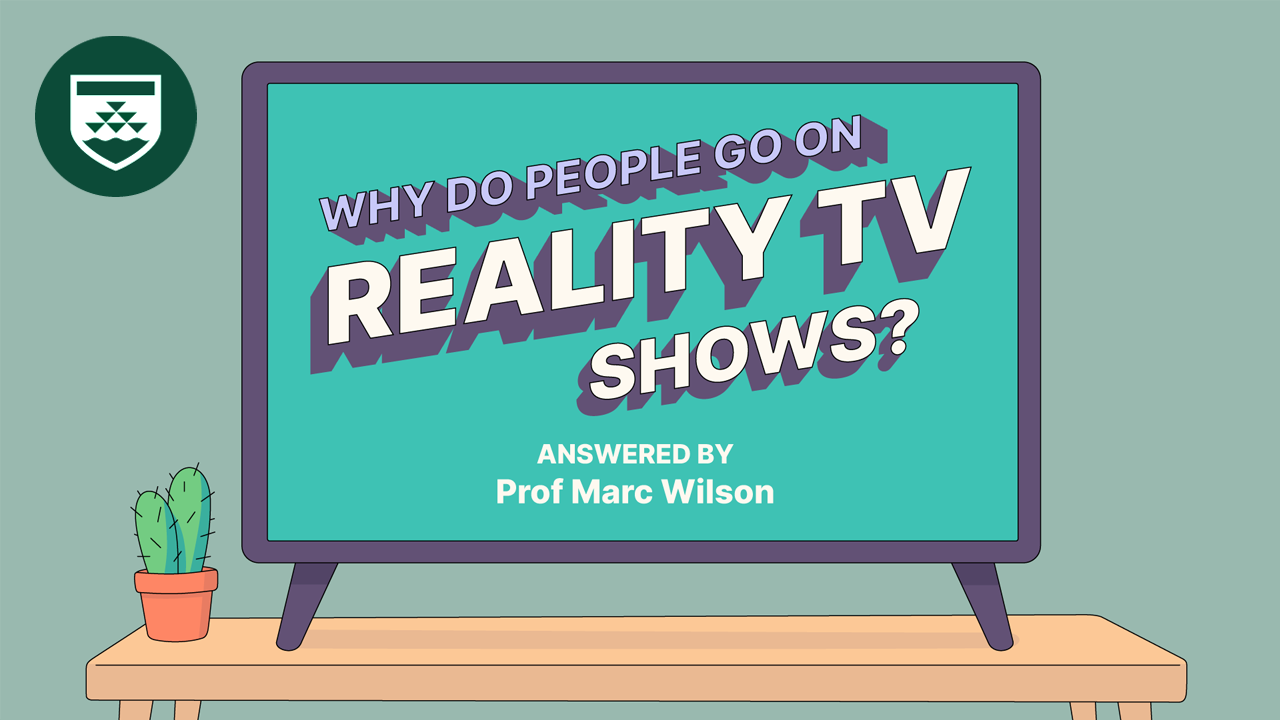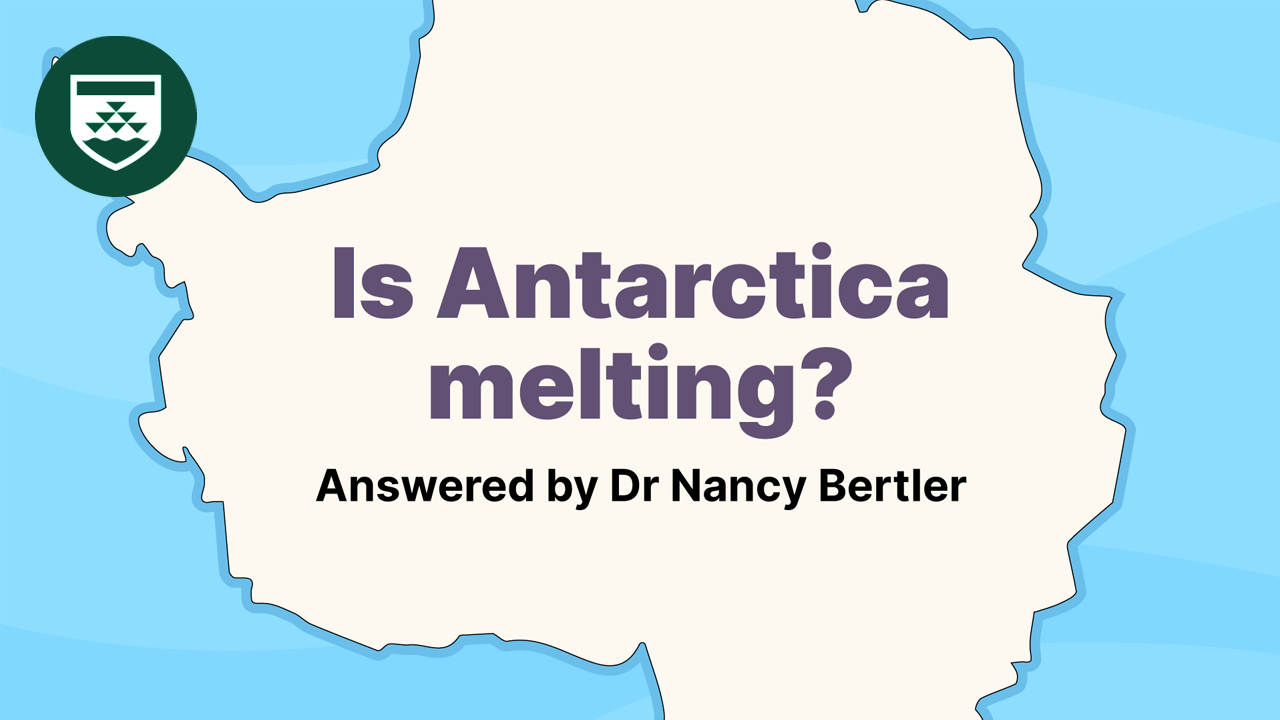Why do people believe in conspiracy theories?
Professor Marc Wilson from Te Kura Mātai Hinengaro—School of Psychology answers:
"Perhaps the most common theory is that it’s psychologically uncomfortable to live in a world where bad things just happen. It’s more psychologically comforting to believe that events are the product of unseen bad actors than just random events.
"In this way conspiracy theories are part of a family of beliefs that give structure to the world around us. The stereotype of the conspiracy theorist as a tinfoil hat wearing weirdo isn’t really supported by the evidence, but there are psychological traits associated with making connections between things that not everyone would make—one name for this is schizotypy. When a person feels a lack of control over what’s going on in their lives, and possess these traits, they are more likely to be drawn into conspiracy theories.
"Most New Zealanders believe in at least one conspiracy theory, but probably no more than 5% of us believe in multiple conspiracy theories, to the point that we would call them a conspiracy theorist. There's been a massive explosion of interest in conspiracy theories since the advent of the internet, coinciding with massive global events like 9/11. As a result the internet provides a place that a relatively small group of people come together to share their beliefs, and we also see an echo chamber like effect on sites like Facebook and YouTube."
Want to learn more?
Ask us
Got another question you'd like to ask a researcher? Send us an email and find out what our experts think!
Check out our resources
If you’re a school student or teacher, you can learn more about our science research with our primary and secondary school resources.
Dig deeper
Are you interested in understanding why people think and behave the way they do? Study psychology with us.
Get the answers

Why do people go on reality television shows?
Professor Marc Wilson from Te Kura Mātai Hinengaro—School of Psychology explains why some people are more likely than others to go on a reality TV show.

Is Antarctica melting?
Dr Nancy Bertler from Te Puna Pātiotio—Antarctic Research Centre explains how Antarctica is responding to climate change.
What is climate change?
Dr Kyle Clem from Te Kura Tātai Aro Whenua—School of Geography, Environment and Earth Sciences gives us a quick overview of the science behind climate change.
